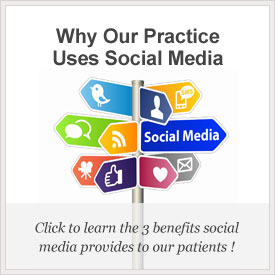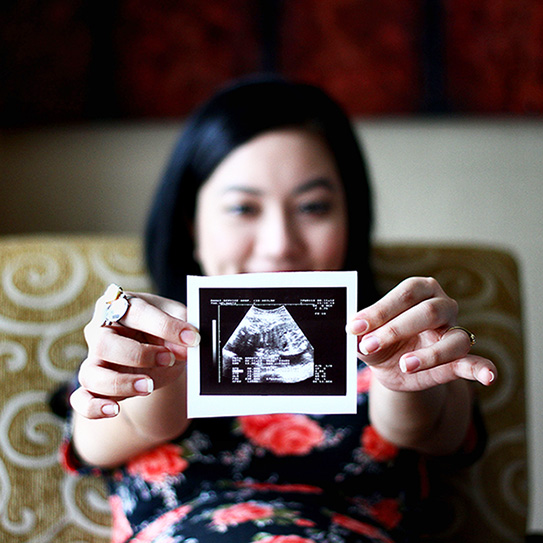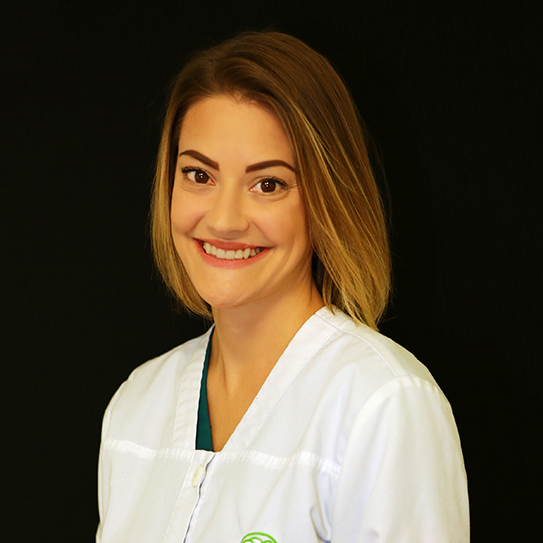Get Screened For Oral Cancer

WHEN PEOPLE GO TO THE DENTIST, it’s generally because they have a toothache, they need some dental work done, or they want to get their teeth cleaned. But this month being Oral Cancer Awareness Month, we want to emphasize more than ever how important regular, twice-yearly dental exams are. Of course your dentist will make sure you don’t have any cavities, but what you may not realize is that regular dental exams could actually save your life.
What You Need To Know About Oral Cancer
Some people think oral cancer is rare, but here are the facts: approximately 132 individuals are diagnosed with oral cancer each day in the United States alone, and someone dies of oral cancer every hour. It is a particularly deadly cancer–only about half of oral cancer patients survive five years past their initial diagnosis. But what we really want you to remember is that early detection saves lives. When oral cancer is detected early, survival rates increase by 80 to 90 percent!
Be Aware Of The Risk Factors
Certain lifestyle activities can put you at a higher risk of developing oral cancer. Familiarize yourself with these risk factors:
- Tobacco use–Smoking and other tobacco use makes you three times more likely to develop oral cancer
- Alcohol consumption–Drinking alcohol more than doubles your risk of oral cancer
- Excessive sun exposure–Frequent and prolonged exposure to the sun’s UV rays increases your risk of developing lip cancer
- Age–Two-thirds of individuals with oral cancer are over age 55
While knowing the risks can help us prevent oral cancer, it still occurs in people without any of the above risk factors. In fact, it is becoming increasingly more prevalent among non-smoking, healthy individuals. The reason for this shift is the rise of HPV, or human papillomavirus, a common sexually transmitted infection. Individuals with HPV are 32 times more likely to develop oral cancer–even more so than tobacco users.
Get Screened Regularly At Routine Dental Exams
Oral cancer often begins as a painless sore in the mouth. We encourage doing frequent self checks at home as well as visiting your dentist regularly, where you will receive routine oral cancer screenings. Come and see us immediately if you experience any lumps, white or red patches, numbness, or a sore that doesn’t heal within two weeks in and around the mouth and throat.
As dental professionals, we are the first line of defense against this awful disease. Next time you’re in our office, ask us more about how we screen for oral cancer. We’d be happy to answer any questions you have.
Help Us Raise Awareness
Unfortunately, we don’t hear as much about oral cancer as we do other cancers, and many people are unaware of their need to get screened on a regular basis at routine dental exams. As your trusted oral health care providers, we want to change that. Help us spread oral cancer awareness this month by sharing this post with your friends and loved ones.
















My daughter and I love going to see Dr Aparna Sadineni and her professional staff. We never have to wait and the staff knows us like a second family. I highly recommend this office!